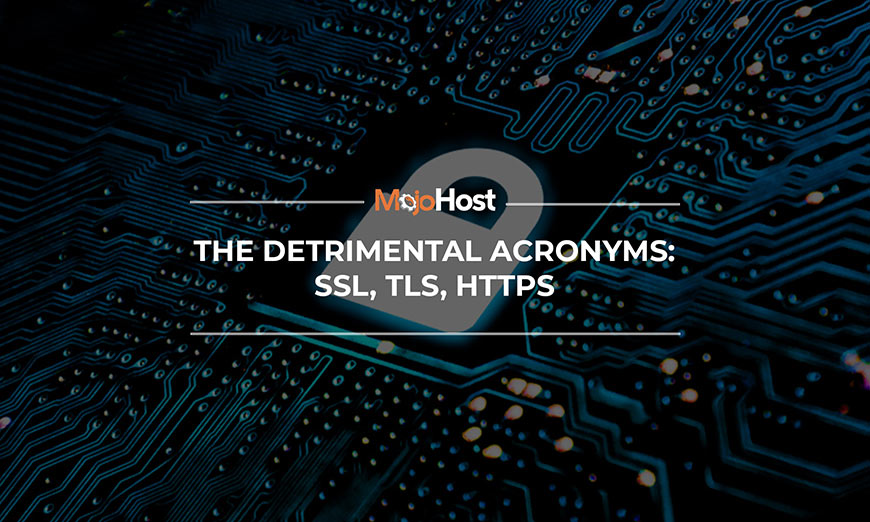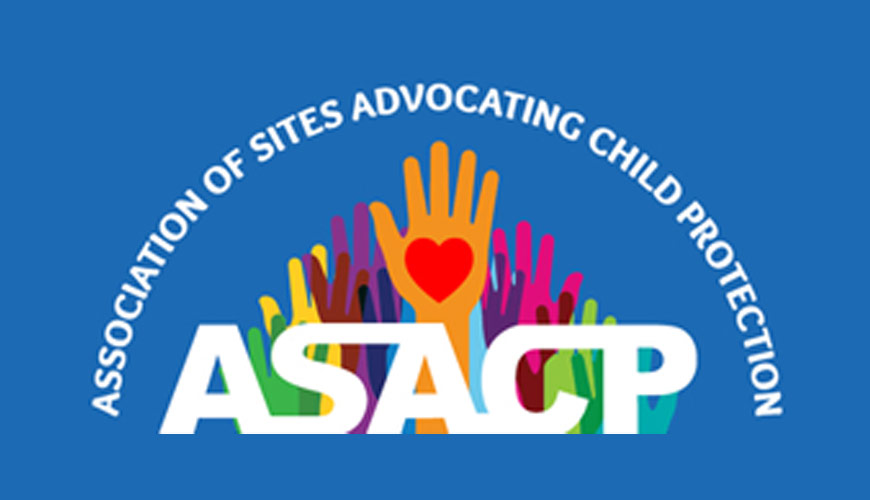At MojoHost, we deliver fast, expert-level hosting support backed by…

Encryption
Everyone discusses how important encryption is and web browsers react poorly to pages that pass information without encryption. Let’s dive into what the main terms mean and why this is important for all website owners.
Definitions
SSL is an acronym for Secure Sockets Layer. A type of digital security that allows encrypted communication between a website and a web browser. The technology is currently deprecated and has been replaced entirely by TLS, though many still use the term.
TLS stands for Transport Layer Security and it ensures data privacy in the same way that SSL does. Since SSL is no longer used, this is the correct term that people should start using – so it’s TLS certificates, not SSL certificates, though habits die hard and we still see SSL as the prevalent term.
HTTPS is a secure extension of HTTP. Websites that install and configure an SSL/TLS certificate can use the HTTPS protocol to establish a secure connection with the server.
How It Works
The goal of SSL/TLS is to ensure that sensitive information, such as personal info, payment, or secure login information remains secure at any time it’s being transmitted. It’s a better alternative to plain text data transfer, where your connection to a server is unencrypted. This way it’s much harder for hackers to spy on your data and steal it. SSL/TLS certificates are used by webmasters to provide secure internet transactions for users. Any site that’s certified will have a padlock icon next to the URL. Those sites that don’t use SSL/TLS are often penalized through warnings and even outright blocking by most browsers.
SSL/TLS is absolutely necessary whenever there is going to be any exchange of information involving password exchange, payment information, or usernames. We are all, naturally, concerned about the safety of our clients. If you are browsing the web as a user, you really shouldn’t give any information over unless you’ve verified that the website is using these certifications. There are too many people that are hungry for your information, and transmitting in plain text makes it extremely easy to capture. Hackers can cause either financial or personal distress. Always make sure you’re protected by the site you are giving your business to, and protect your website’s visitors.
On The Business End
You want to maintain a positive standing with your client base, and that means offering them the protection they deserve. Not only will SSL/TLS certification ensure the safety of your clientele’s information, but it will also give you a higher SEO ranking with Google. Google announced that all sites using an SSL certification will maintain higher ranks than sites without. Giving you even more incentive to make sure you’re certified moving into the future. Your chance at much higher online recognition, and site traffic, along with the security of all sensitive information being used on your site, will create a better foundation for your business, and improve your customer relations.
All managed MojoHost customers, starting with the On-Demand plan, can request free SSL certificates (oops, TLS certificates) for their websites. We believe in the importance of web security and TLS is an absolute requirement. Please reach out to our sales team if you’d like a managed hosting solution that will include website security and TLS certificates. If you are already a customer, start a ticket using our customer support system and request certificates for your websites if you don’t have this set up already!




